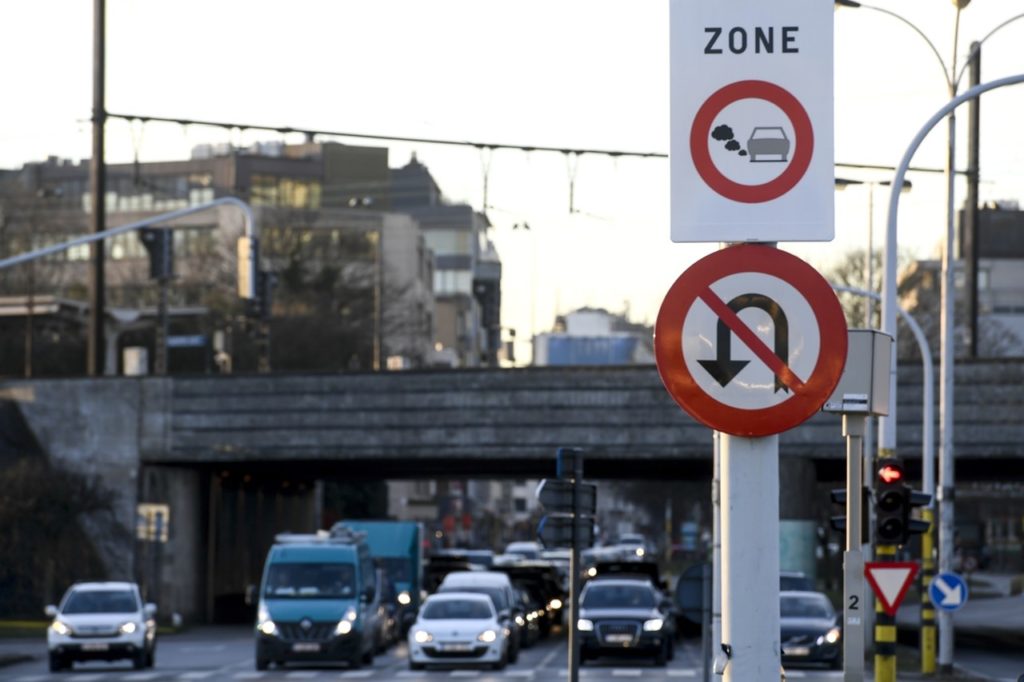Belgium and eight other countries have asked the European Commission to set precise deadlines for the whole EU to gradually ban the sale of new diesel and petrol cars.
Along with Denmark and the Netherlands, Belgium took the initiative in this appeal, as it wants to be a leader in the change towards more sustainable road transport, Energy Minister Tinne Van der Straeten and Mobility Minister Georges Gilkinet said Wednesday.
Besides Belgium, Denmark and the Netherlands, the request is supported by Austria, Ireland, Greece, Lithuania, Luxembourg and Malta, they said.
Hybrid and electric cars are gaining ground in the European market for new car sales. But there is still no binding date by which it would be forbidden to sell a new car based solely on a diesel or petrol engine.
Such a date must be set at European level, stricter CO2 emission standards must be imposed on manufacturers without delay, and the number of charging stations needed for electric cars must be increased more quickly, say the signatories.
Related News
- EU electric vehicle sales doubled in 2020
- Plug-in hybrid vehicles pollute far more than manufacturers claim, tests show
- EU aims for 30 million zero-emission vehicles by 2030
"Giving a clear direction at European level will enable the manufacturers concerned to innovate in favour of 'zero emission' cars at an affordable cost," Gilkinet said.
Such a deadline should also lower the purchase price of electric vehicles, which is "one of the major obstacles" in their sales, Van der Straeten emphasised.
There would be a clear incentive to invest in research and development, and a welcome boost to competition in this market, the ministers said. To avoid distortion of competition within the EU, action is also needed on this scale.
In 2020, 11.9% of new car sales in Europe involved hybrid vehicles, according to the European Automobile Manufacturers Association (ACEA), and electrically chargeable vehicles made up more than 10%.
However, ”conventional fuel types still dominated EU car sales in terms of market share (75.5%) in 2020,” ACEA said.
Jason Spinks
The Brussels Times

